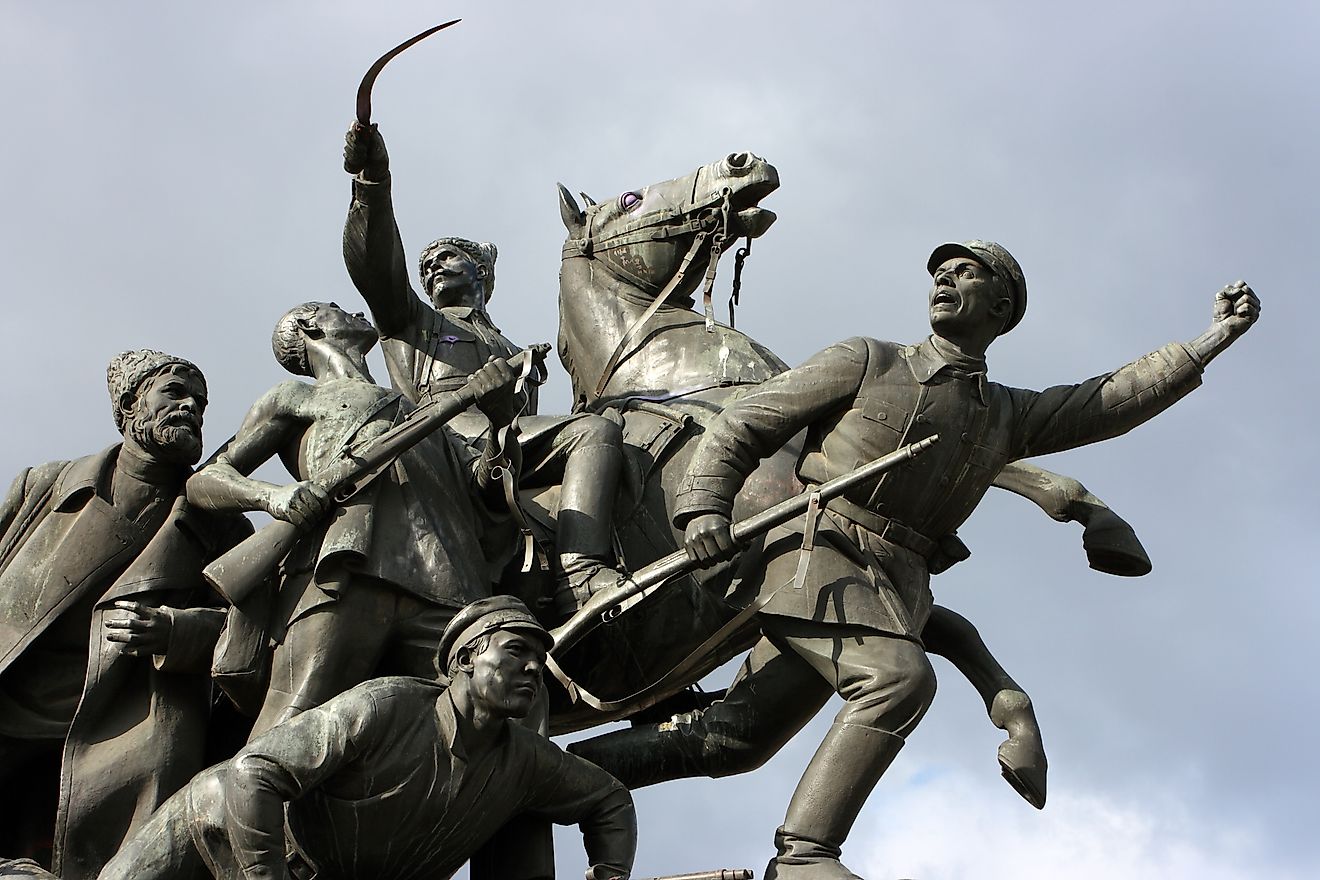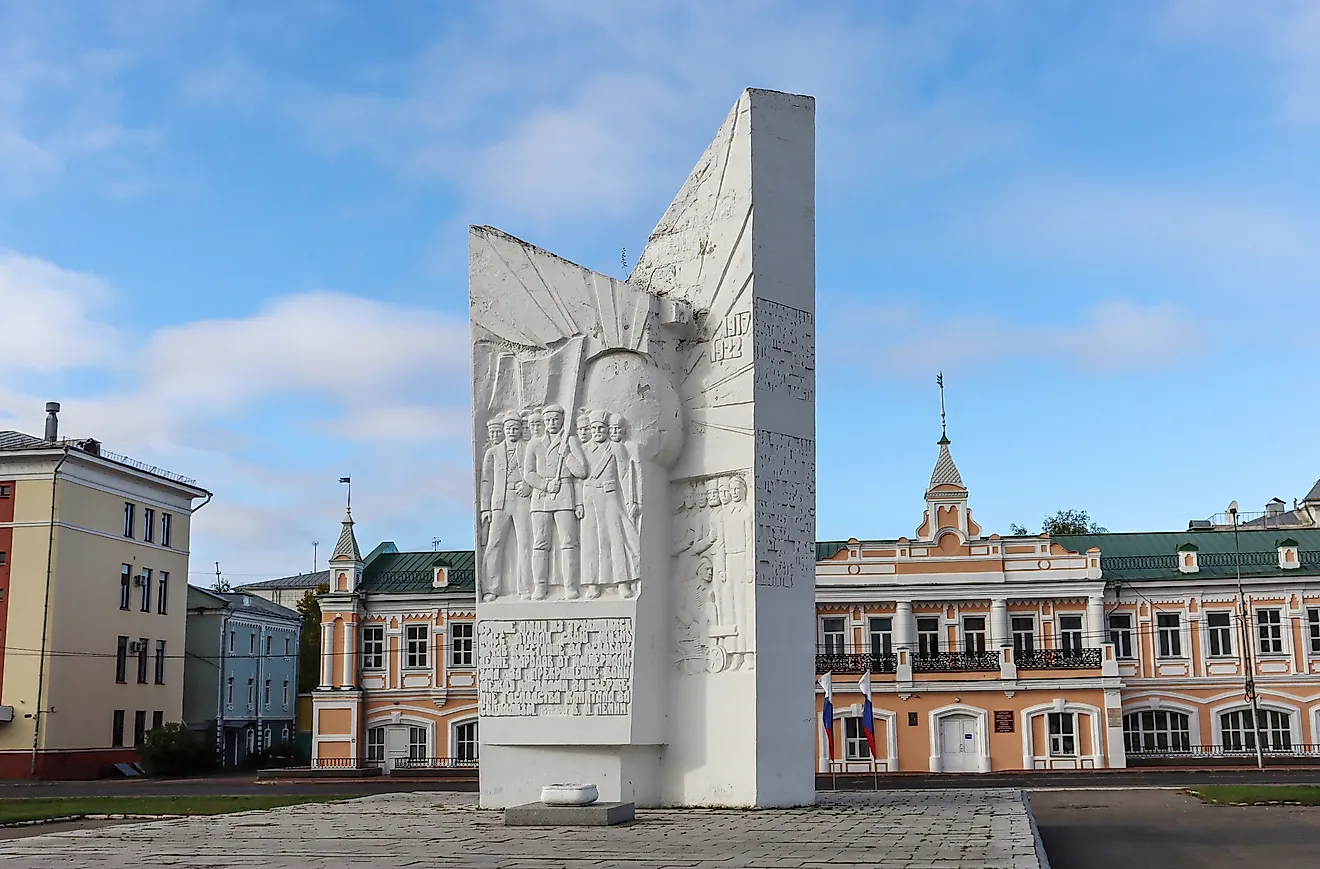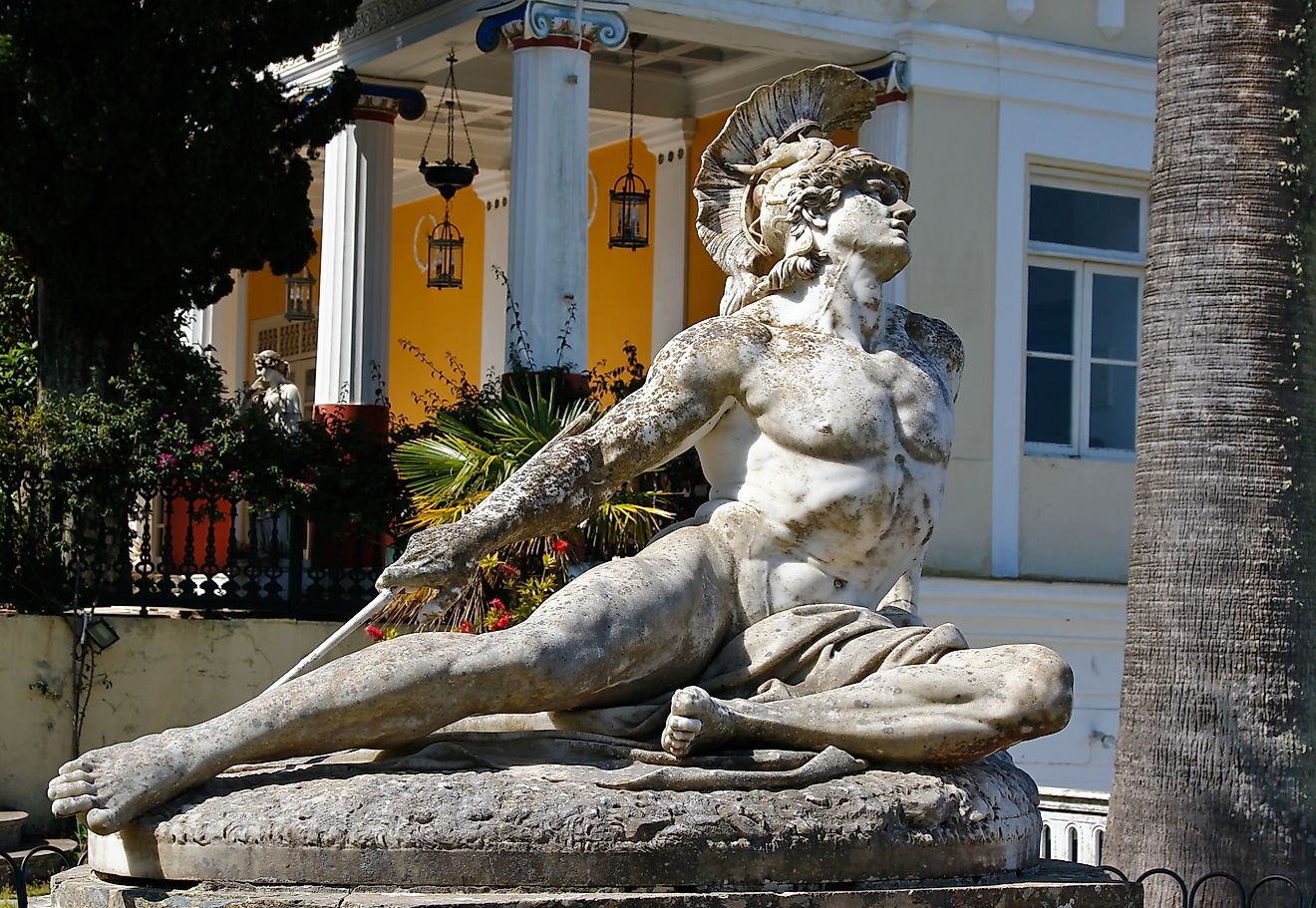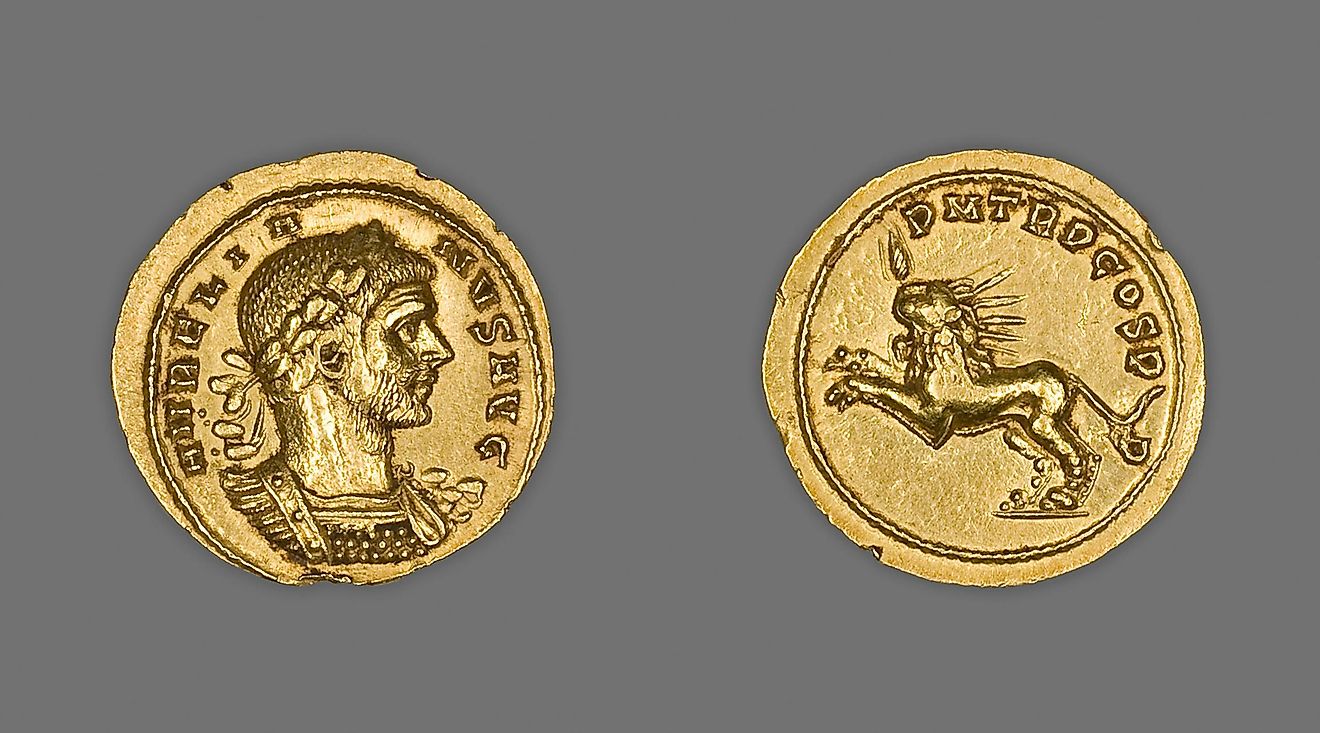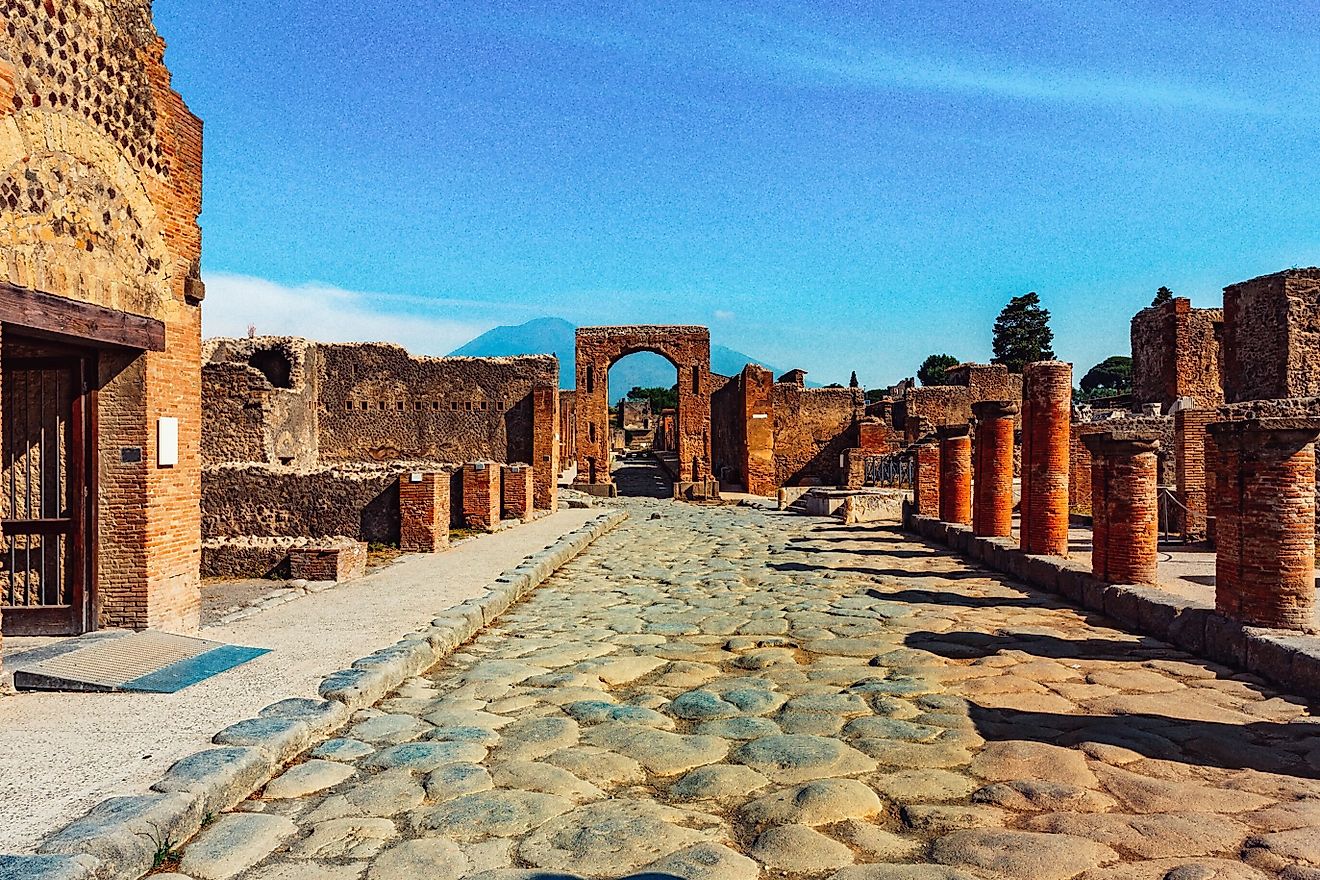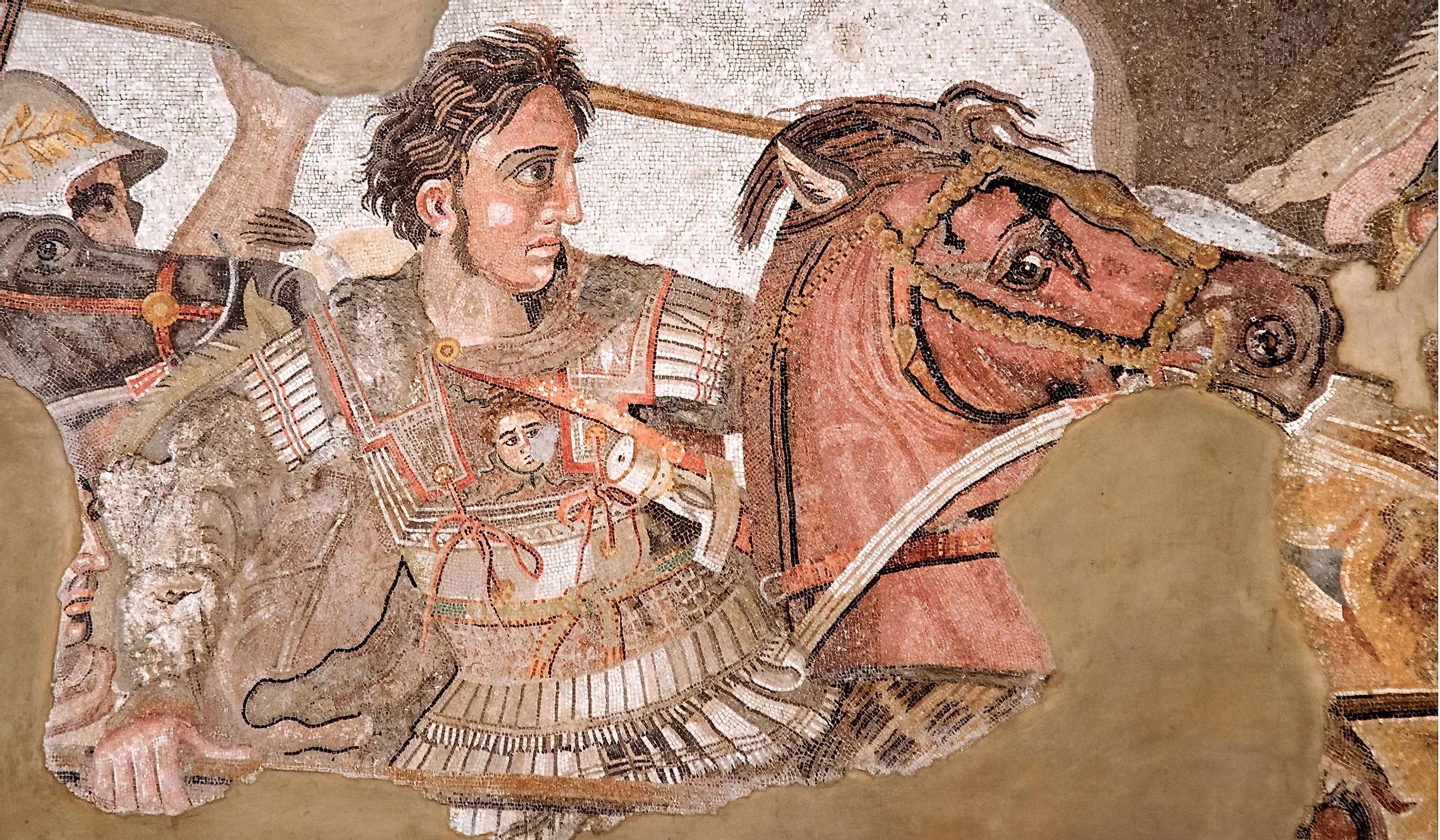
The Greatest Heist in History: The Hijacking of Alexander the Great's Body
Few historical figures are as well-known or as highly regarded as Alexander the Great. Yet, while the vast majority of us know at least the basics of life and possibly even the death of the Macedonian king, some mysteries remain about the man and his legacy that many people aren’t aware of.
Of these, perhaps the most interesting is the hijacking of Alexander the Great's body. Considered by many to be the greatest heist in recorded history, the mysterious disappearance of Alexander’s mortal remains is a fascinating tale of ambition, reverence, and an enduring legacy that continues to captivate audiences to this day.
Alexander's Sudden End

From 356 BC to 323 BC, Alexander the Great embarked on a seemingly endless stream of military campaigns and conquests, in the process carving out one of the ancient world’s largest empires stretching all the way from Greece to northwestern India. This ambitious journey, however, ended abruptly in Babylon in 323 BC when he fell ill and died unexpectedly. His age? Just 32.
While the exact cause of his death is a matter of debate - theories range from fever to poisoning - the impact of his passing was immediate and profound. With no heir or succession plan in place, Alexander's death triggered a power struggle among his generals, setting off a series of events that would shape the course of history.
The Quest for Immortality

In the ancient world, the preservation of the human body was believed to ensure immortality while maintaining a connection with the living world. Ptolemy, one of Alexander's most trusted generals and successors, fully understood the symbolic power of possessing the great conqueror's remains.
After Alexander's death, Ptolemy took charge of the funeral arrangements, overseeing the body’s embalming and its placement in a magnificent gold, human-shaped sarcophagus befitting a king of Alexander’s stature. This ornate sarcophagus was then enclosed within a larger coffin, reportedly made of gold or glass, adding to its grandeur.
We do know that Ptolemy's intentions went well beyond a display of respect. By taking possession of the body, he not only solidified his claim as Alexander’s successor but also tapped into the symbolic power of the deceased king to unite the empire under his rule.
A Tomb Fit for a King

Alexander's body first rested in Memphis, the Egyptian city that served as Ptolemy's administrative center. However, it was in the city of Alexandria, founded by Alexander himself, that the great conqueror's remains found their most famous resting place.
Along with its legendary library and cultural significance, Alexandria was the ideal location to showcase Alexander's body and is where Ptolemy Philadelphus had a grand tomb constructed to serve as a monument fit for the great king’s remains. Named “Soma” (the Greek word for “body”), it soon became a place of pilgrimage for visitors from across Alexander’s empire.
This impressive structure featured a large chamber housing the sarcophagus, complete with a window through which to view the well-preserved and lavishly dressed body.
A Legacy in Jeopardy

Alexander's body lay in state for centuries, with Soma becoming a symbol of Alexandria's grandeur and the enduring legacy of the city’s namesake. But as time passed, political unrest and shifting religious tides would threaten the tranquility of Alexander's eternal rest.
At around the time that the Roman Empire was at its peak, a series of events unfolded that would forever cloud the whereabouts of Alexander's remains. While the precise details are shrouded in mystery, legends, and historical accounts do offer us tantalizing clues about what may have transpired to lead to the mystery we’re faced with today: what, exactly, happened to Alexander the Great’s remains?
The Heist

One theory suggests that Roman Emperor Caligula, known for his extravagant and often erratic behavior, visited Alexandria between 37 and 41 AD. Fascinated by the then centuries-old legend of Alexander the Great, Caligula may have harbored a desire to possess the remains of his idol and possibly orchestrated the theft of Alexander's body, taking it back to Rome as a trophy.
Another theory points to the descendants of Ptolemy who, as political unrest loomed, may have secretly relocated the body to protect it from potential desecration… or theft. If so, the true resting place could have been a closely guarded secret to ensure its safety during tumultuous times.
A third theory involves a religious conversion. In the 4th Century, St. John of Capistrano, a Christian missionary, is said to have converted an Egyptian ruler to Christianity. In an act of religious fervor, some believe the ruler may have ordered the destruction of pagan symbols, including the tomb of Alexander the Great, thus causing the body's disappearance.
Enduring Legends and Intrigue
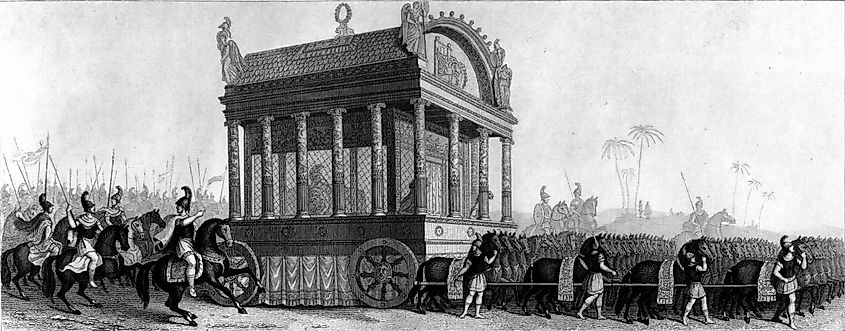
While each of these “great heist” theories is plausible, the disappearance of Alexander's body has led to countless other legends and stories down the centuries. Some believe that the tomb contained a hidden chamber, and the body was secretly moved there for safekeeping during times of unrest. This hidden chamber, if it existed, has never been located.
Adding to the intrigue are accounts of visions and dreams associated with the tomb. It was said, for example, that birds flying over Soma would suddenly plummet to the ground as if struck by an invisible force. This phenomenon led to beliefs that the tomb possessed mystical powers, further enhancing the allure and mystery surrounding Alexander's final resting place.
The Final Word? Possibly not!
Despite the disappearance of his physical remains, Alexander the Great's legacy continues to resonate. His influence can be seen in the spread of Hellenistic culture, the founding of iconic cities, and the enduring tales of his military campaigns. His conquests not only reshaped the political landscape but also facilitated cultural exchange and the dissemination of knowledge, with the period that followed seeing a flourishing of philosophy, science, and the arts.
The quest to locate Alexander the Great's remains continues to fascinate historians, archaeologists, and, of course, the general public (that’s us!), with expeditions and investigations still being mounted from time to time to unravel the truth.
Whatever the facts - whether this greatest heist in history was conducted by Caligula, the Ptolemies, or some other unknown force - there’s no doubt this tale has secured a place as one of the most daring acts of relic theft in history.
